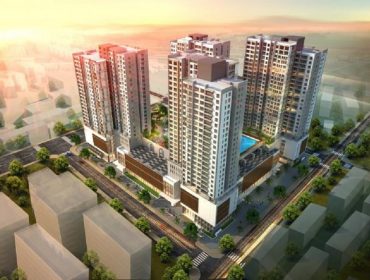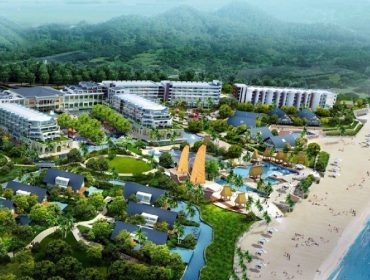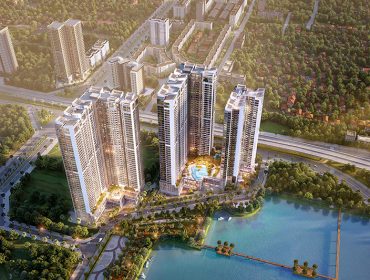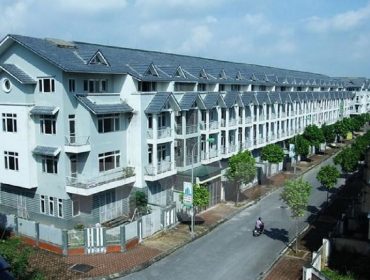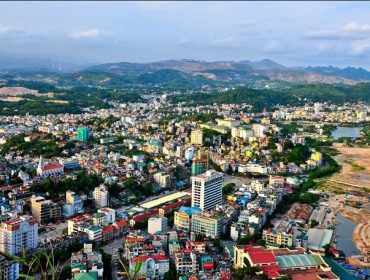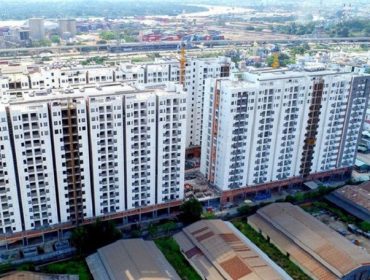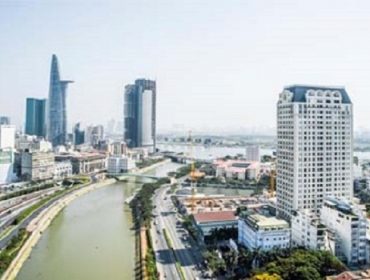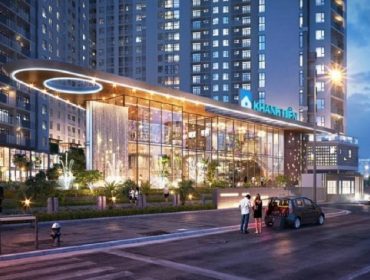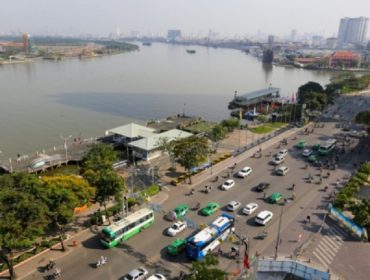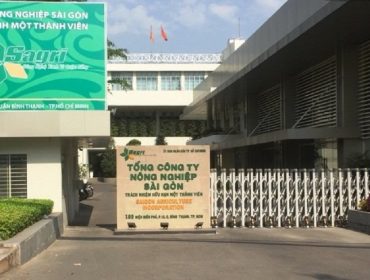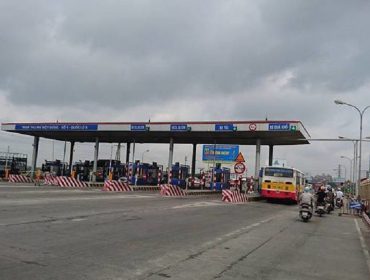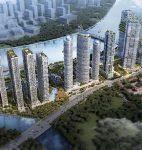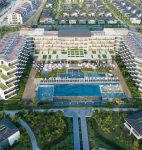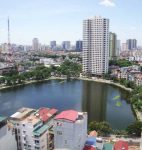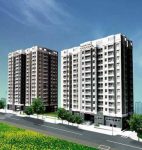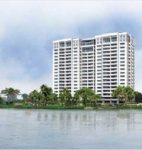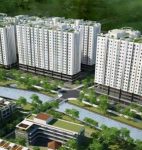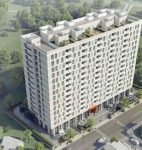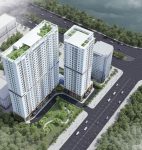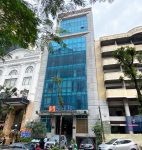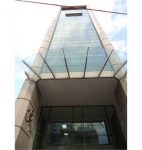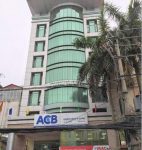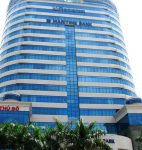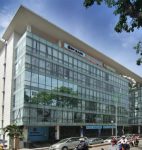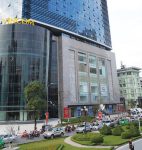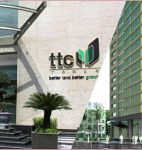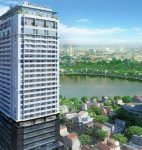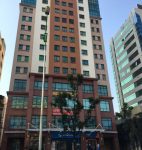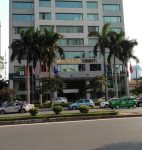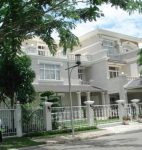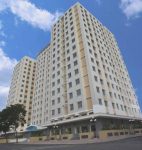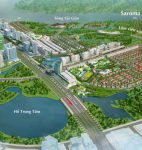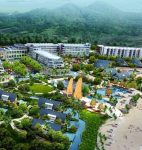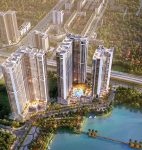Hotline:
(+84) 898 898 688Asia – Pacific Industrial Real Estate To Be Increasingly Vibrant
Logistics in Asia Pacific is heating up as two of the world’s largest online retailers, Amazon and Alibaba, expand their presence in the region.
Jones Lang LaSalle (JLL) released a report on the industrial real estate market in the Asia Pacific region with many positive points. Accordingly, Alibaba, China’s Group, shared in March 2017 that it would set up its logistics in Malaysia. Also in this month, Amazon said it was looking for distribution systems in Australia.
According to Pelham Higgins, director of JLL’s Capital Market in Industrial Parks in Japan and South Korea, logistics assets are sure to be in hot demand. Due to the development of the middle class and the demand for consumption in some Asian countries, this leads to the need to restructure the supply chain.
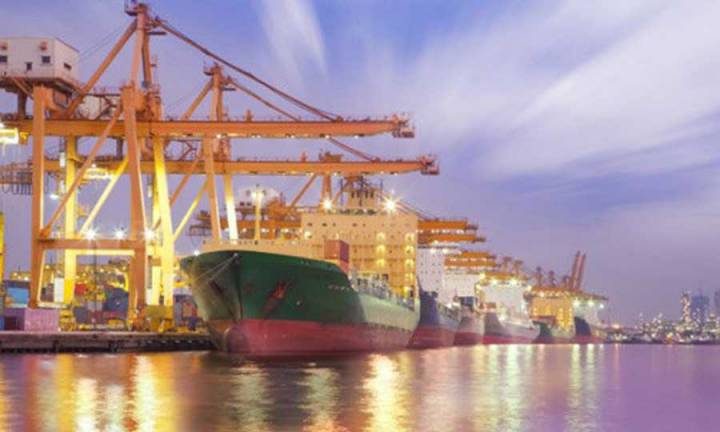

Industrial real estate, logistics in Asia Pacific are on a good path and emerging markets such as India, China, Vietnam and the Philippines have huge competitive advantages.
He said that as investment rates rose in key markets in China, Singapore, Australia and Hong Kong, good quality properties would attract more and more industrial real estate investors and tenants. A lot of capital has been put into this segment, and good quality assets have been sought after. Most good quality assets are held by investment funds from Japan, Singapore, Australia or Hong Kong, and they do not want to sell them, especially those that have been filled and generated attractive revenue.
Higgins said that there were two biggest challenges of logistics real estate. The first is the high prices in key Asian markets which results in low investment performance. Buyers will often not be willing to pay a huge money because if they pay an expensive price, low investment efficiency will be difficult to accomplish their investment goal.
Second, the time for the hiring of industrial real estate in some Asia Pacific markets is shortening. In Japan, for example, the tenancy was about 10-15 years in about 10 years ago but in recent years, the lease term has been reduced to about 5-7 years. While the contract period is shorter, investment performance remains low. This signals that investors are willing to accept low returns for short periods of time. There are some concerns that the current prices cannot remain stable unless the lease term is more than 10 years.
In the future, the rise of land prices and construction costs will challenge developers in key markets. To achieve the desired return, investors are forced to offer higher rental prices. Not many tenants are willing to pay for that price even if the market has new fields. Typically, rental prices in Japan are very expensive but tenants are reluctant to rent.
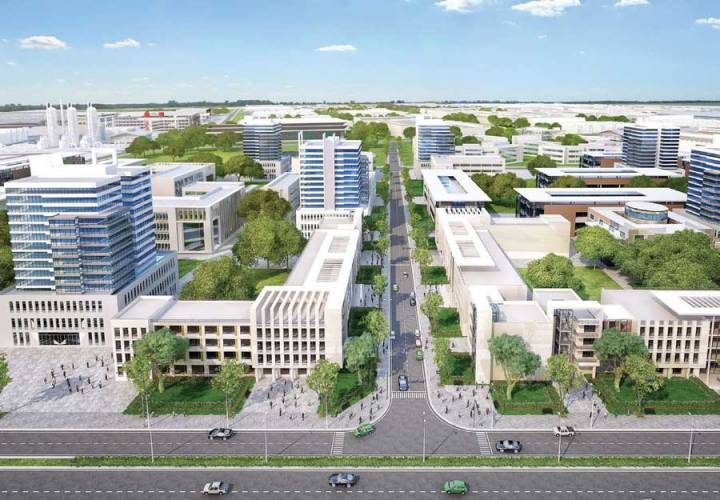

Industrial real estate is a potential segment
“If you buy at very high prices, you will ask yourself whether these assets hold their value,” Higgins analyzes. To overcome these difficulties, investors can delay the transaction or seek preferential loans to achieve their expected returns on equity.
The positive side, however, is that the rise of industrial property prices in Asia Pacific markets represents a great opportunity for some developing markets to become more competitive. Investors are shifting their concerns over developing markets such as India, China, Vietnam and the Philippines. In addition to the development of e-commerce centers, investors are also looking for opportunities in smaller segments such as delivery services.
JLL further forecasts that a lack of modern logistics facility in Asia Pacific will continue to drive demand and make industrial real estate be one of the most sought-after assets by investors.
You are reading the article Asia – Pacific Industrial Real Estate To Be Increasingly Vibrant in the Real Estate category at https://realestatevietnam.com.vn/. Any information sharing, feedback please contact through Hotline (+84) 898 898 688 (24/7) or email to contact.vietnamrealestate@gmail.com.
Special thanks!

